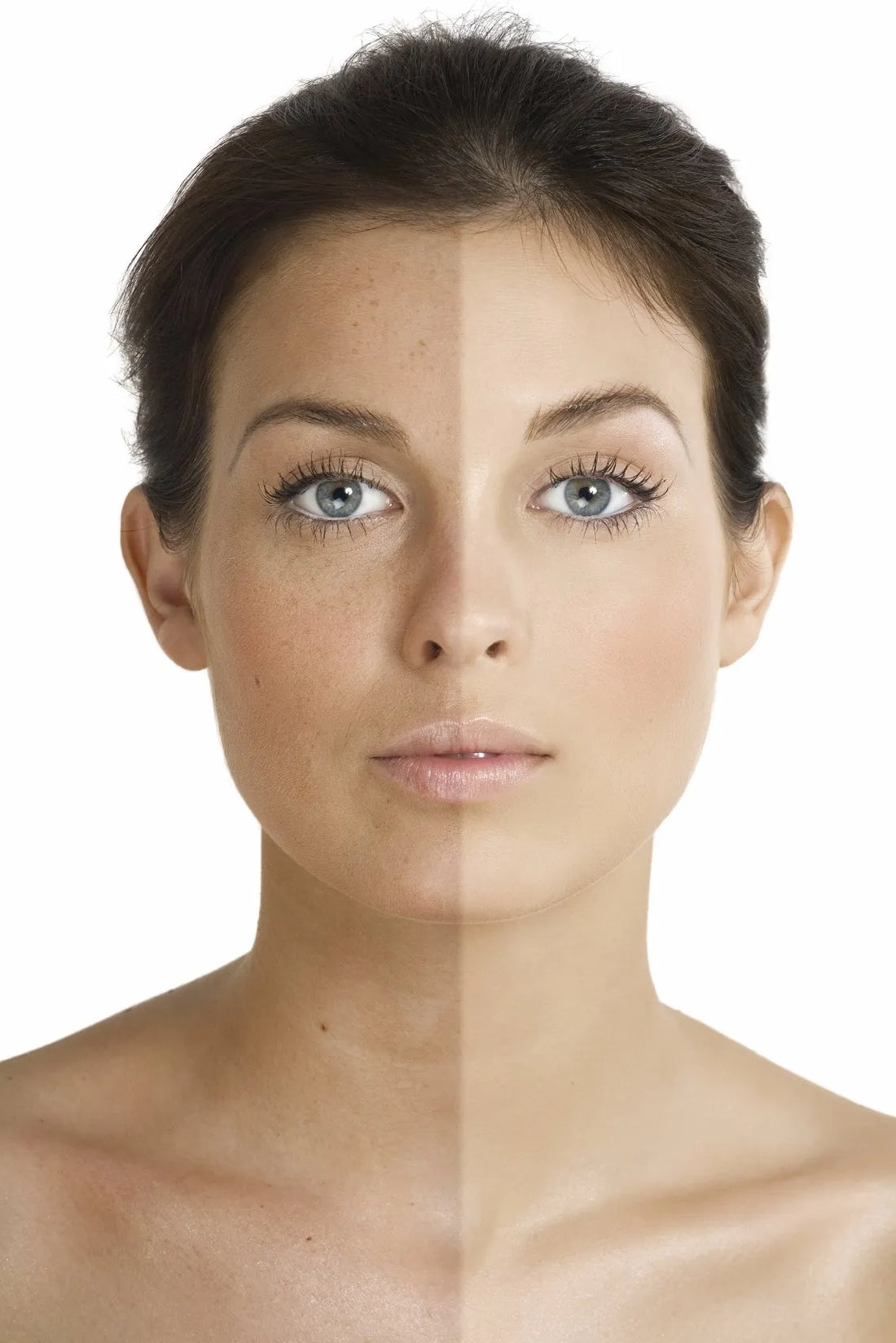Tips for glowing skin
Our skin is constantly being exposed to the internal and external environments and this exposure is different for every single person depending on our lifestyles, ages, amount of sleep, diets and hormones etc., with this in mind it is no wonder that some products work better for some people and not others.With all of the internal and external influences that we are exposed to, they can have a huge impact on the condition of our skin which we want to keep at its best. Drinking plenty of water, getting plenty of rest and eating nutritious foods can help to form a good internal influence.
To help keep skin looking and feeling healthy, as well as preventing skin damage or premature ageing from external influences, the key is to adopt a good, personalised routine of cleansing, protecting and moisturising. Cleansers will help to wash off external skin aggravators such as pollution and dirt which can cause oxidative stress and damage in the skin, so find one which is suitable for your own skin type. This will leave your skin feeling soft as well as cleansed. If your skin feels dry or looks red after cleansing, then the product is likely to be too harsh for your skin and likewise, if your skin feels oily after cleansing then the product may not be cleansing enough, and a new format may work better. Some skin types lend themselves better to a foaming wash for example and others show improvements with a cream cleanser or simply just a different foaming wash which is less harsh. You may also find that this changes through the seasons and also monthly with fluctuating hormone levels.
When you have found the right cleanser for you, wash the skin thoroughly both morning and night, gently pat it dry and follow with a good serum and moisturiser to suit your skin’s wants and needs, in order to do this take a good look at your skin and list both the good points and the areas of concern, look at the texture and note if you are concerned about dryness, oiliness, dullness, pores, pigmentation or redness for example, once you know your concerns, you can narrow down what products may be right for you. If you’re lucky enough not to have any concerns then a basic moisturiser with daily 5*SPF is likely to be adequate.
Moisturising daily with a hydrating 5* SPF Moisturiser (Ideally SPF30) will help to prevent premature ageing and sun damage such as fine lines/wrinkles and pigmentation. Firstly the massaging action of applying a moisturiser does wonders for helping to keep skin in top condition. But applying SPF daily all year round will prevent the UV rays from entering and damaging the springy deeper dermal layer of the skin which are responsible for keeping fine lines and wrinkles at bay. SPF moisturiser also prevents damage to the melanocyte cells located in the skin at the base of the outer epidermal layer of skin cells. The melanocytes are the cells responsible for releasing the pigment melanin into the skin when we tan as a defence to the UV rays, but when they become damaged by being overwhelmed with UV, this is where the age spot or pigmentation occurs, the release of melanin is no longer uniform, and the skin structure becomes altered where we see age spots appear. Once this happens, it is very difficult to reverse the damage, so prevention is key in keeping skin looking healthy. At night time, switch out the SPF moisturiser and use a specific night time moisturiser. These do not contain sunscreen and focus on actives and moisturisation.
When concerns arise over the overall health of the skin rather than ageing, you need to determine exactly your individual skin needs. The look and feel of the skin’s health tend to arise from the outer epidermal layer of skin being addressed. Is your skin oily, dry, are there blemishes, is it dull etc. If so, then you can search for ingredients incorporated into the moisturiser or add in separate targeted products or serums which may help you achieve better looking healthy skin suited exactly to you.

